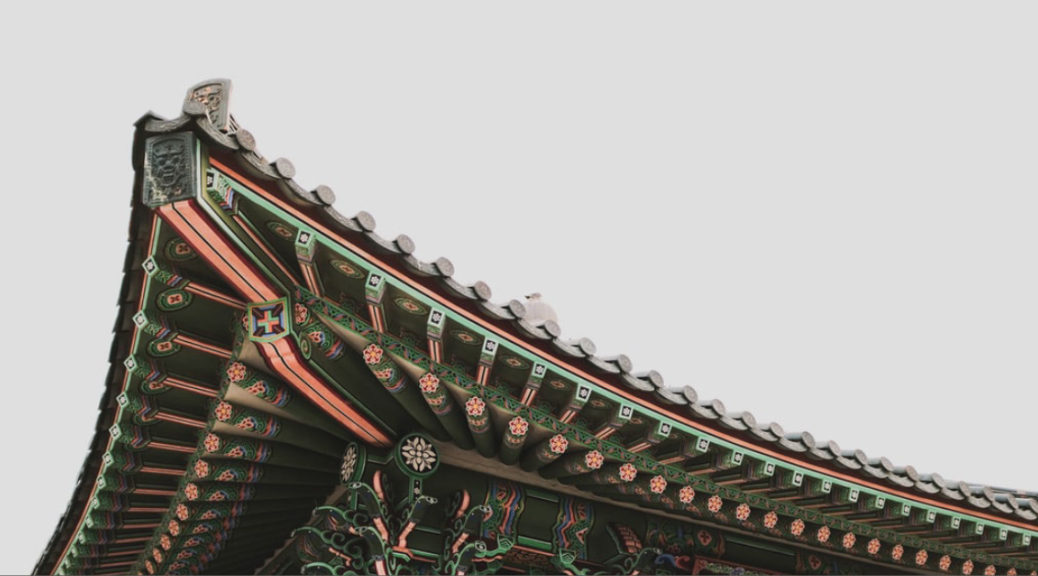Throughout middle school and high school, if someone asked about my cultural heritage, I always said, “I’m more American than Korean.”
Korean American. That single space between Korean and American divides this compound word in half. Obviously, nationality and ethnicity aren’t as distinctly partitioned. But language is a tricky thing, and English had fooled me into thinking that I could develop only one half of my cultural identity without missing the other.
I’m a second-generation Korean American, but I grew up speaking English, and only English. I’m from a small suburban town half an hour’s drive from Seattle. In high school, I knew of maybe three or four other Korean kids, but I didn’t know them on a personal level. My Koreatown was the H Mart (the local supermarket) in Bellevue, the only place outside of our own house where I could eat jjamppong and jajangmyeon and practically the only place where we could buy them.
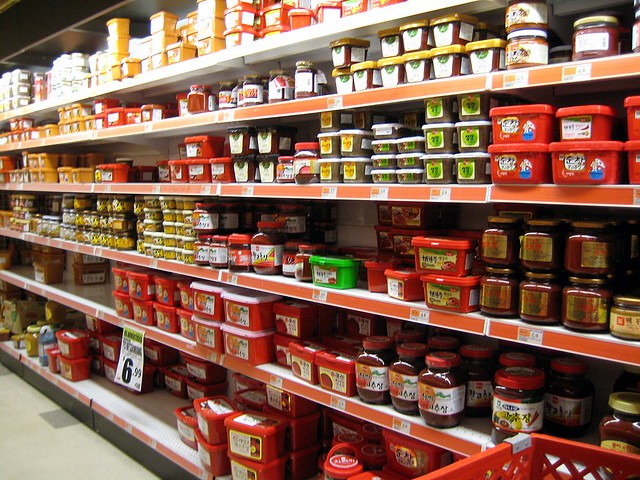
My brother and cousin don’t speak Korean either. On New Year’s, when our family meets up for mandu-guk, our parents would have conversations with our grandmother that we couldn’t understand. Sometimes our names came up. We accused them of gossip and laughed about it. Then we grasped for words in the common language between frustration and loneliness: two lands in which we are not outsiders.
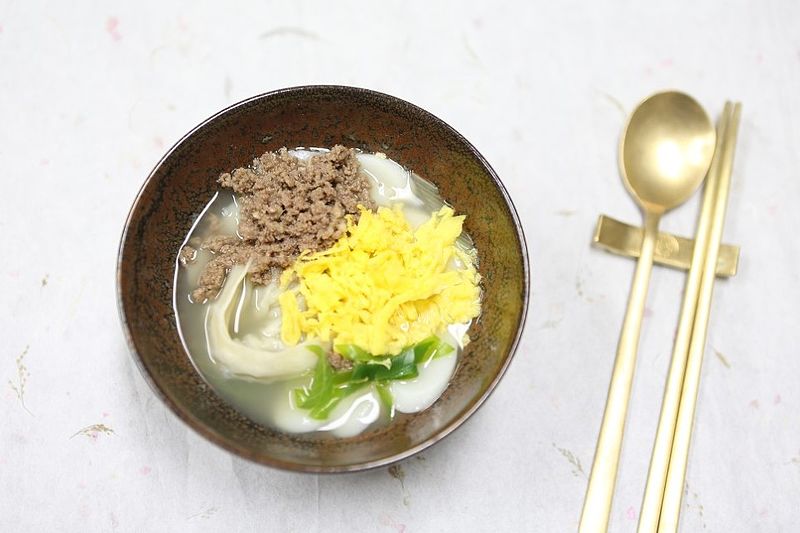
Los Angeles is different. Los Angeles has the largest population of Korean Americans in the country, and Koreatown is the most densely populated district in Los Angeles county. In a world like this, Korean Americans are Korean American, and that single space between the two words is not a divider, but a connector. Identity is intrinsic to life and vice-versa. Language and culture bond people together in ways I didn’t understand until I came to LA, walked down a city block, and saw what I couldn’t be a part of because I had spent so much time disregarding my Korean identity.
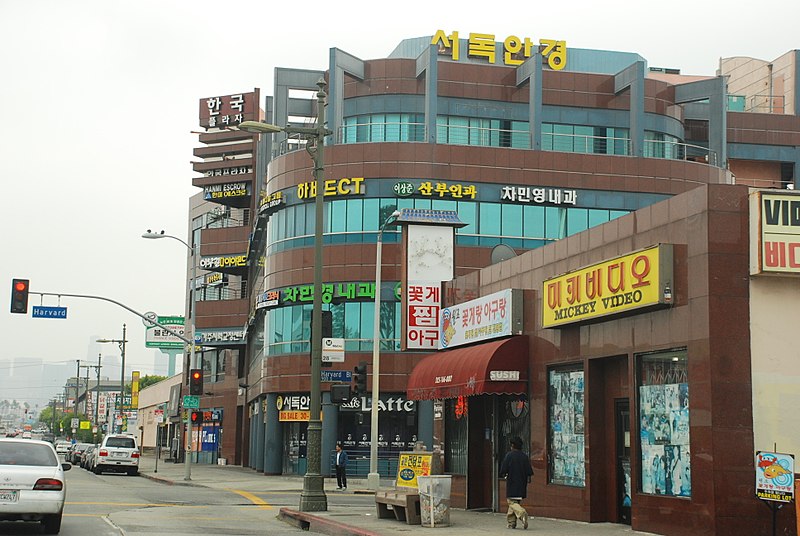
At USC, those same bonds apply, and certainly not just to Korean Americans. Bilingual students enjoy all sorts of connections through their communities. Every time I walk to class, an unfamiliar language floats down the street and reaches me. I admire bilingualism. More than that, I admire the people who speak these languages. There’s an honest (and rightful) sense of pride that others carry for their cultural identity–for the accents, dialects, and mannerisms grown from the roots of their heritage.
So I’ve been trying to learn Korean.
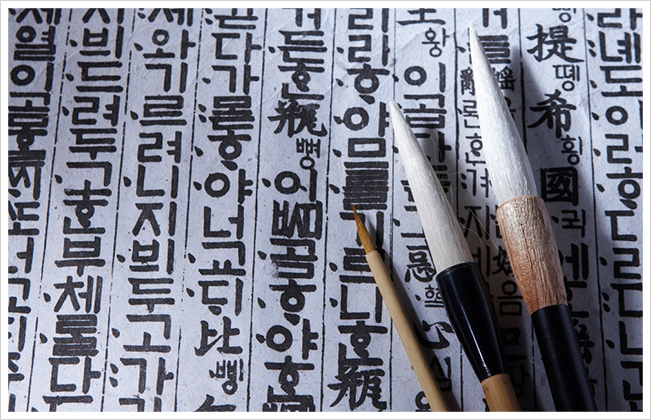
I have extended family here in Los Angeles, too. My great-aunt speaks barely any English, so we communicate through warm smiles and clutched hands and other signals. When we meet up again, I’d like to tell her that I’m happy to see her. Most importantly, I’d like to go back to my town and learn what kind of gossip my dad and aunts are still throwing around about their kids.
And despite any sense of displacement, USC is a community of its own, one that treasures the diversity of its students and thus bonds us all together. We shouldn’t worry about the opportunities we’ve missed, and we should never stop working to connect with others.
After all, everyone can plant roots here to grow from.
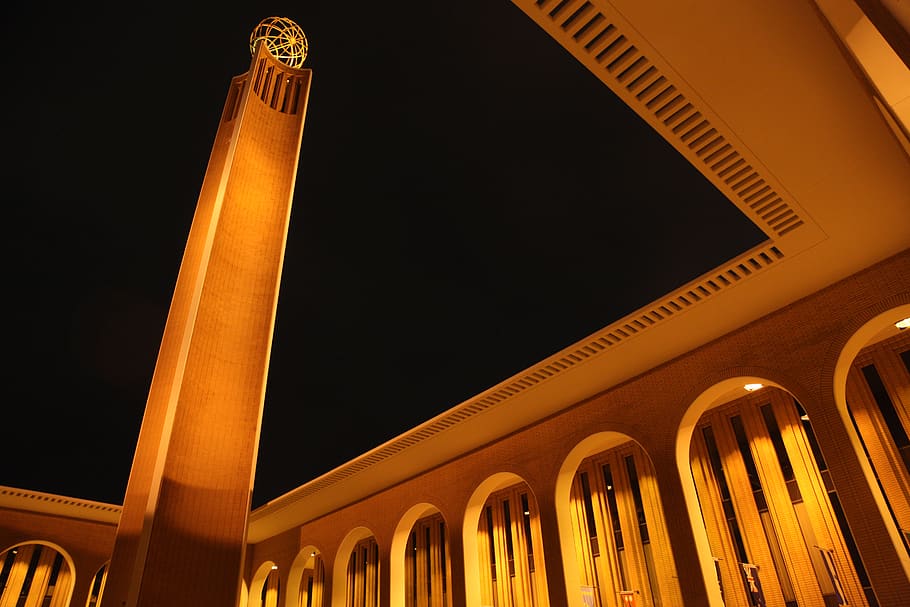
Featured image by JC Dela Cuesta on Unsplash
Jacqueline is an undergraduate junior with a Linguistics and East Asian Languages major, but holds an interest in cinema and journalism. She is from the suburbs near Seattle, Washington. She likes to sketch, write, listen to music, watch movies, and plans to get into improve and martial arts during her time at USC. Throughout most of high school she was a member of the Japanese Exchange Club, and is currently studying Japanese and re-learning Korean.

